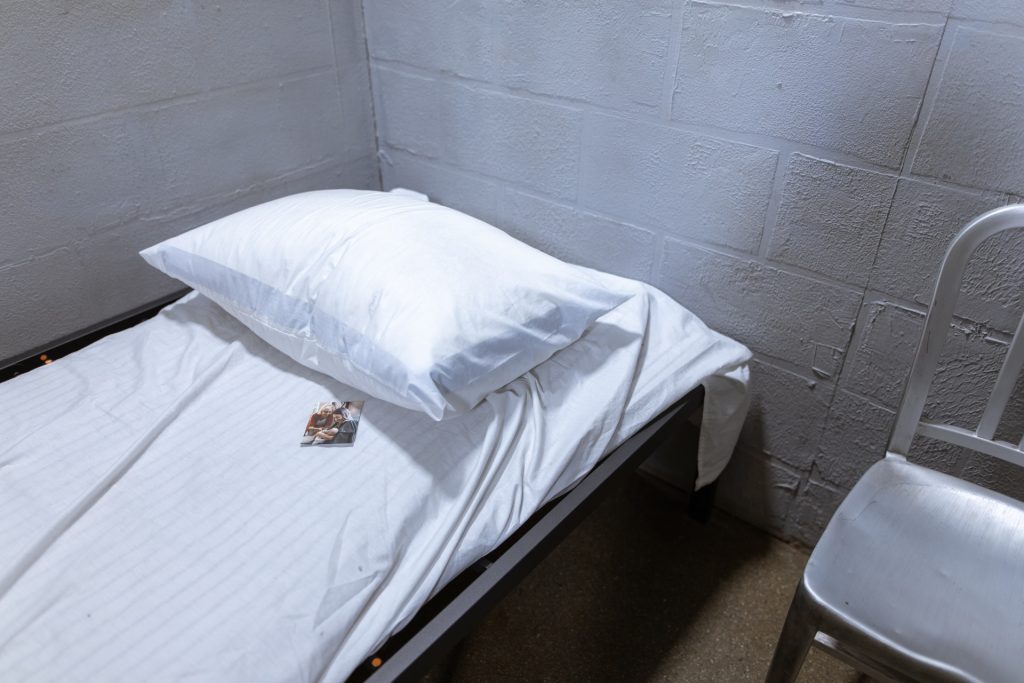You have the right to medical care, even in federal prison. The Eighth Amendment grants you this right. But what happens if a federal prison denies you medical care?
What rights do federal prisoners have to medical care?
The Supreme Court has ruled that all prisoners must have access to medical care. In a 1976 case called Estelle v. Gamble, the court recognized that prisoners have no other access to medical care. So, the Court ruled, the government must provide it. But there are limits to this right. Prison officials must only provide you with “adequate” care. They do not have to provide you with the best possible treatment for your condition.

What can you do if you are denied medical care in federal prison?
If you are denied medical care in federal prison, you may be filed to file a lawsuit under the Federal Tort Claims Act. This is a multi-step process.
Step 1: Gather Evidence
As with any legal action, the more details you can provide, the better. The first thing you want to do is document the following:
- your condition or medical needs at the time;
- the date, time, and place where the incident happened;
- what you said to prison staff about your condition;
- the names of anyone else involved;
- what kind of care you requested; and
- What kind of care, if any, you received.

Step 2: Prepare Legal Arguments
If you want to sue the prison, you need to prove that the prison violated your constitutional rights. To do that, you must prove three things:
- your medical needs were serious;
- the prison acted with “deliberate indifference” to your needs; and
- this deliberate indifference caused you real harm.
Serious Medical Need
There is no objective test to decide what counts as a “serious” medical need. Instead, courts decide this on a case-by-case basis. But there are a couple broad categories that serious medical needs fall into. One is a serious medical need observed and noted by a doctor. The other is defined as being so obvious that any person could reasonably recognize the need for treatment.
Deliberate Indifference
Courts do, however, use a standard test to decide if prison officials showed a “deliberate indifference.” To show “deliberate indifference,” you must prove the following:
- that you told prison staff that you had serious medical needs, and
- that prison staff denied you a reasonable medical response.
Without clear evidence on these points, deliberate indifference is difficult to prove. This is why you should always keep detailed records of your health issues in prison.
Causing You Harm
Finally, you must show a direct link between the staff’s actions and your harm. It’s not enough to just show that prison staff ignored your medical needs. You must also prove that you were harmed as a result.
Step 3: File a Lawsuit
If you pass the first two steps, you should consider filing a lawsuit. You will file a complaint under the Federal Tort Claims Act. To do so, you can use this standardized form on the Department of Justice website. The form asks you basic questions about yourself and the incident. After you fill it out, mail your claim to the regional office that oversees your prison facility. There is no guarantee that your lawsuit will succeed. But, if you follow prison policy and provide evidence to support your case, you have a chance.
The Takeaway:
The Constitution guarantees you the right to medical care in prison. While federal prisons don’t have to provide the best care available, it must be adequate. If you or a loved one has been denied medical care in federal prison, take steps to protect your legal rights now.






